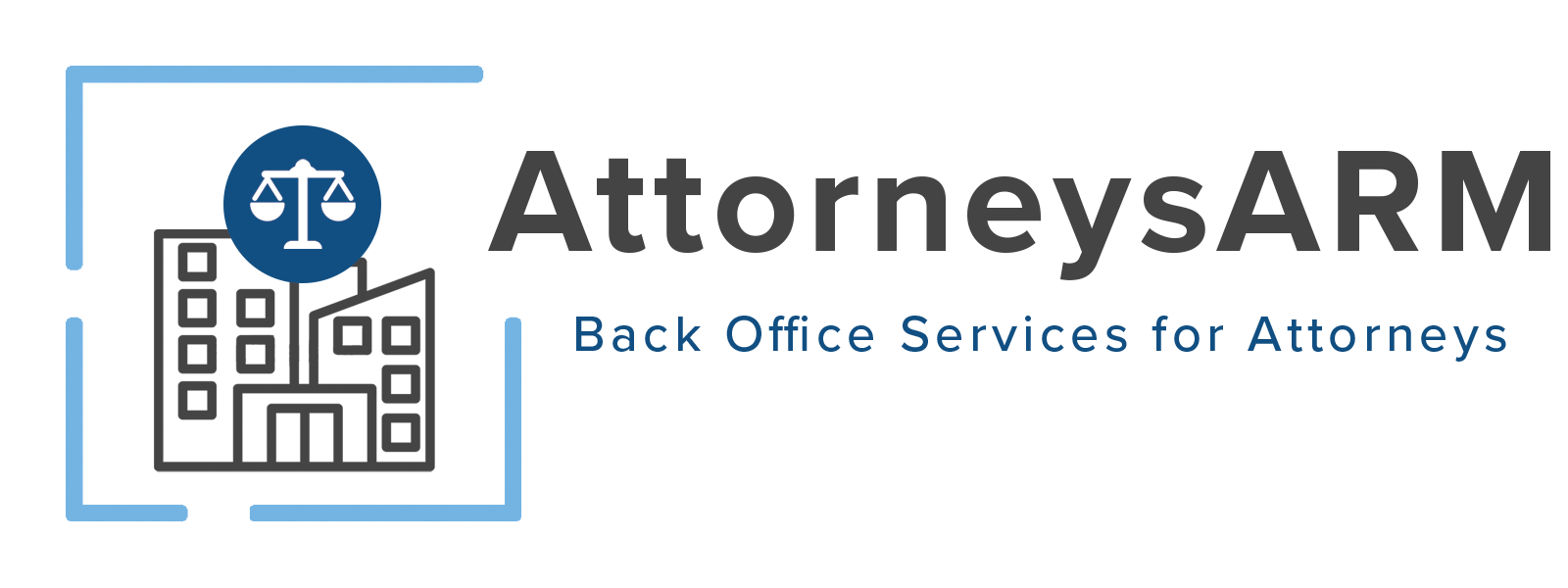In the world of business, timing is everything! That's even more true when talking about business finance and accounting. If your business is growing (or has reduced in size to a more sustainable staff for your current business level), you may be seriously considering outsourcing accounting to a professional or a firm. However, the last thing you want is to make such an important change at the wrong time, potentially causing financial snafus and even delaying the payment of important invoices or the filing of necessary documentation.
Why Should You Outsource?
If you're a new business or newly growing, it can be difficult to decide what functions should be done in-house and what functions should be outsourced. In particular, repetitive, workflow-critical functions like accounting can pose an issue. After all, you certainly can't wait until your business grows enough to pay for a full-time accountant to begin working with one. More importantly, because low-level accounting at the beginning of the business can be somewhat simple, if record-heavy, many small business owners start out doing their own basic accounting or having a family member perform that task for them.
That, in turn, can lead to a reticence to make changes to the way the accounting is handled. Whether it's allowing you to give your spouse or child a part-time source of weekly income, or whether you've developed a desire to look over the figures personally, unless you are an accountant at a business that specializes in business accountancy, you really do need to prioritize professional accounting services as your business grows.
Professional accountants are regarded well for their tendency to double and triple check their work. Having that kind of check process in-house will be difficult, if not impossible. Additionally, professional accountants know all about state, federal, and local requirements for sales tax, income taxes, and record keeping. Their expertise and efficiency can save you quite a bit of time and money. On paper, accountants look like a significant expense, especially when compared with the low cost of QuickBooks (or other accounting software). However, good accounting and record keeping can make or break your business; it's not something that should be handled by the cheapest option available, for the sake of keeping expenses down.
When Should You Outsource Your Accounting?
Because every business is unique, there is no one right answer to this question. However, there are some common sense guidelines that can help you estimate when the right time will be and plan for how to make the transition from internal accounting to outside, professional accounting.
For many businesses, the time to bring in professional accounting services is when you are preparing to hire your first employee. That employee means that you will have to create and maintain timesheet records, personnel records, and arrange to have taxes (and possibly child support or other garnishments) withheld from your employee's paycheck.
Many other businesses may apply the metric of business expenses. When your business has grown to the point where your expenses, from rent to staff to insurance, have reached between $15,000 and $20,000 each month, you will likely have enough financial records and accounting needs to justify hiring an outside professional accountant. Moreover, because record keeping becomes more tedious as the business grows, it's important that the individual handling the accounting for the company has real training and preferably a degree to ensure that the financial records are maintained properly.
The third guideline to when your business should hire an outsourced accountant is purely economic. There comes a point when you, as the owner, operator, and manager of your new business, have important demands placed on your time and focus. When your business has grown to a point where that hour or more of your time daily would be more profitable if it were spent on the business itself instead of its financial records and daily accountancy needs, it's time for you to hire an outside professional accountant or accountancy firm.
That comparison of the expense saved via not hiring an accountant versus the money lost by engaging in less-than-optimal work for your skillset is called opportunity cost. While keeping expenses low is important as you are growing and establishing your company, it is even more important that you maximize what skills, time, and resources you have for the growth of the business.
The Synopsis: Sooner Is Better
The longer you wait to bring on professional, outside accountants, the stronger the likelihood that there will be more work and investment required in order to organize your records and fully train the accountant in your business' needs. Accounting, given how important it is to a business' expansion and overall success, should be one of the first things that you outsource, when you have the resources available to do so!




